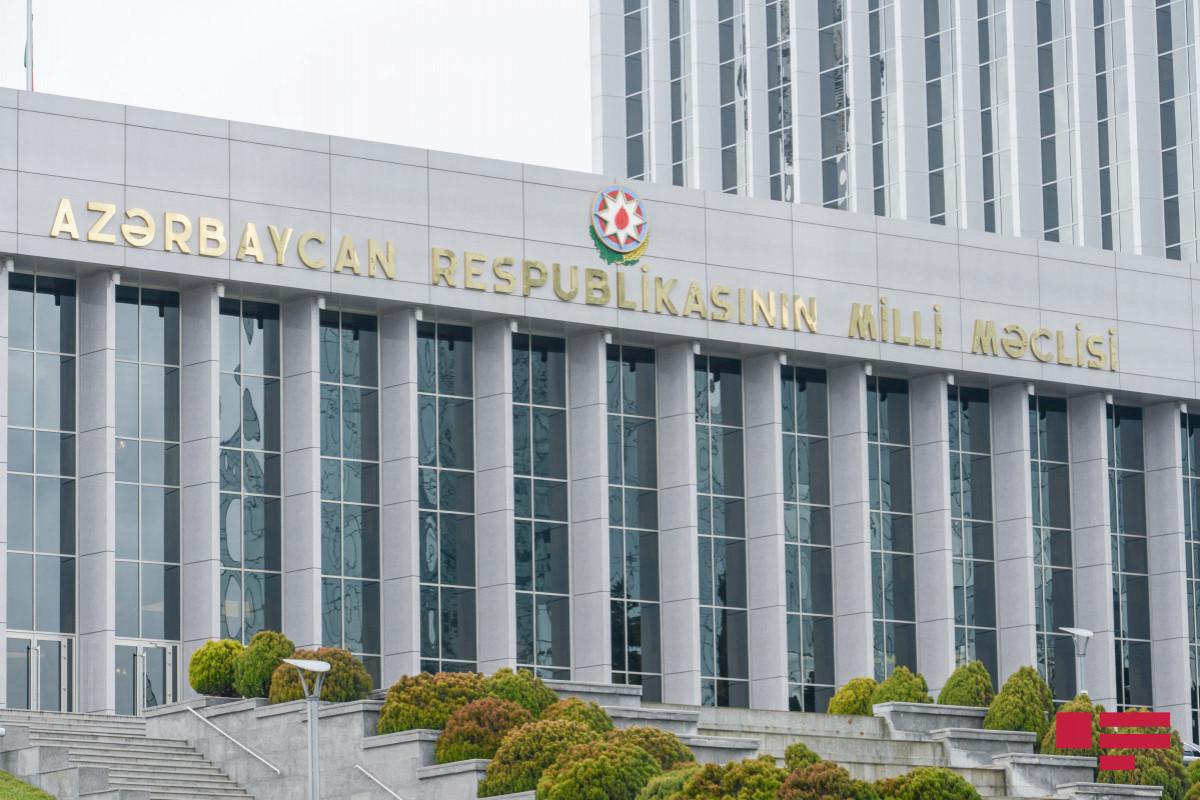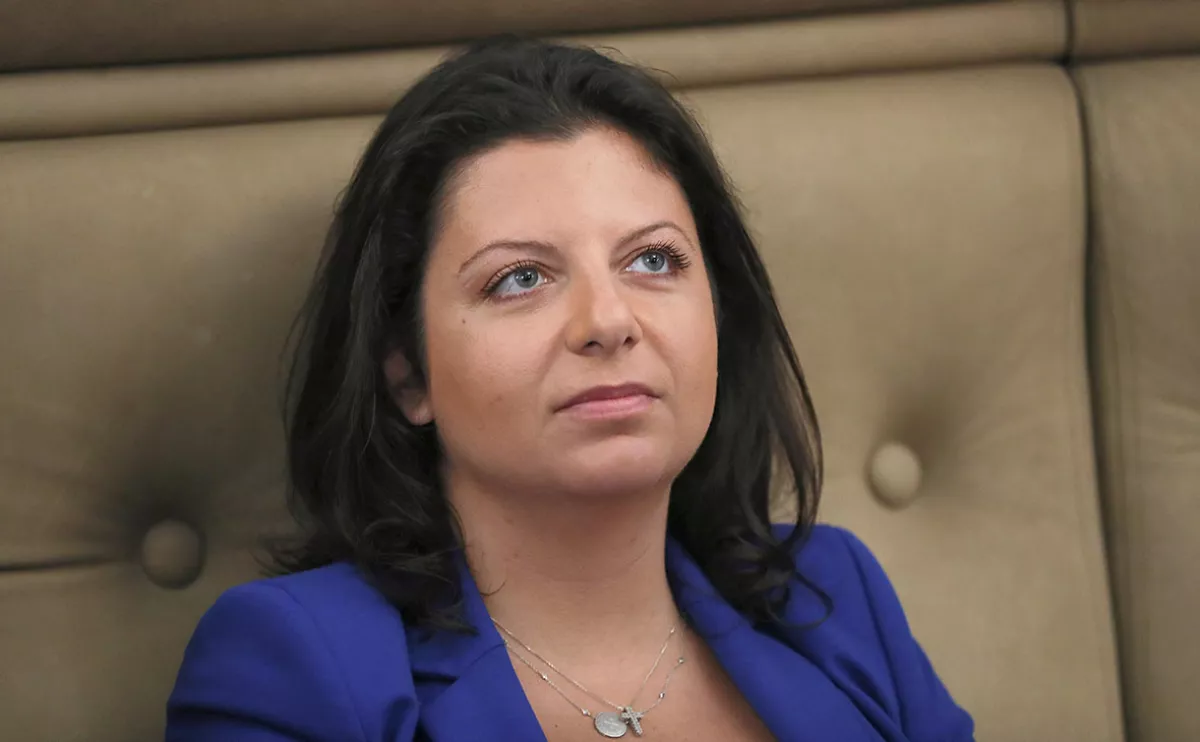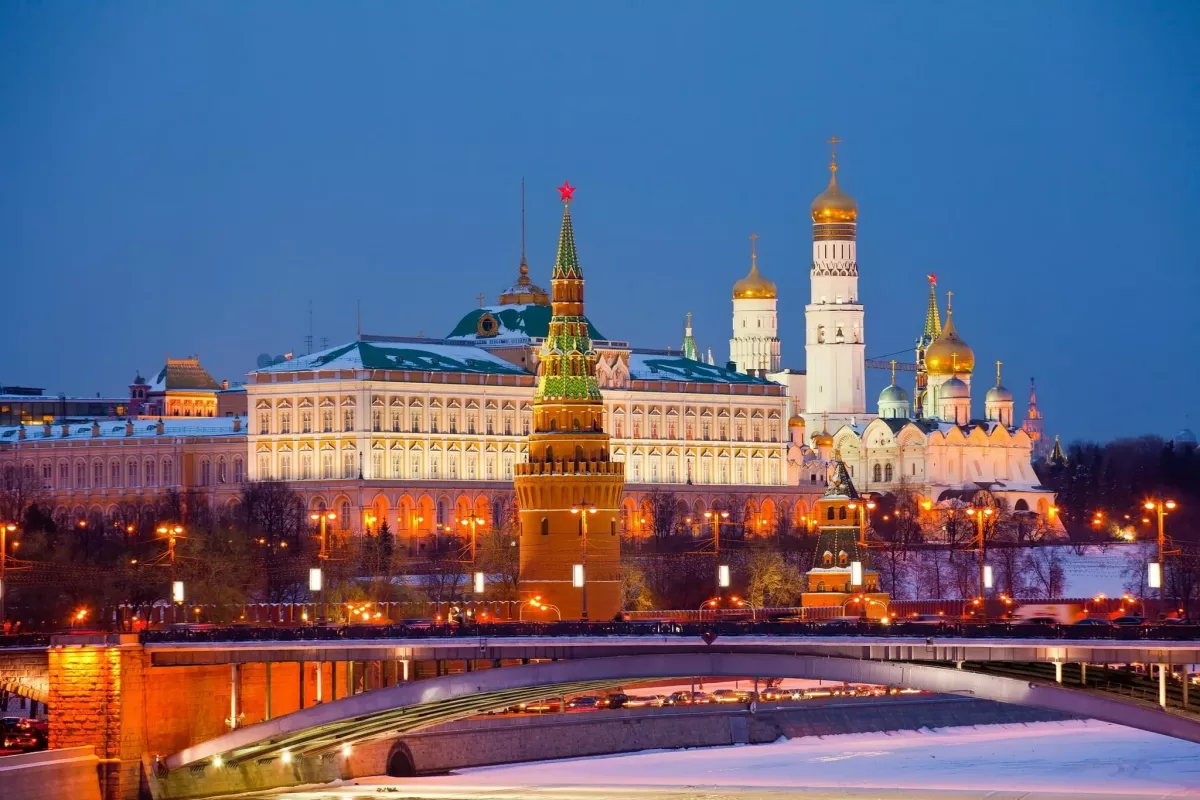Chronicle of the vileness of Russian propaganda False narratives, distortions, and calls for war
Following an interview of Azerbaijani President Ilham Aliyev by the channel Al-Arabiya, a large-scale anti-Azerbaijani information campaign unfolded in Russia. This was stated in a declaration by the Azerbaijani Milli Majlis (parliament) commission on countering foreign interference and hybrid threats.
“Monitoring has revealed that President Ilham Aliyev’s response, based on historical facts, to a question regarding the Zangezur Corridor was taken out of context, falsified, or distorted when presented to the Russian audience,” the statement reads.
The declaration emphasises that the campaign is aimed at spreading anti-Azerbaijani propaganda within Russian society and is carried out through TV channels, news websites, social networks, and radical individuals with a certain level of influence.
“Such repugnant campaigns have no impact on public opinion in Azerbaijan. These activities only serve to inflame Russian society with false narratives and drag it into baseless hostility with neighboring states. The roots of the ‘Russophobia’ syndrome that concerns Russia should be sought in the activities of ‘Z’ bloggers,” the statement concludes.

The conclusions of this commission are hard to disagree with. However, we would add that the roots of anti-Azerbaijani propaganda go back to the period of the First Karabakh War, when so-called Russian “liberals” supported Armenia’s expansionist policies. The same circles that verbally proclaimed “democracy” and “human rights” in practice justified armed aggression against Azerbaijan. Virtually all Russian media at the time portrayed Baku as the “aggressor” and Armenians as the “victims.”
It is noteworthy that later, liberals and Russian nationalists unexpectedly found themselves on the same platform. When the issue of recognising the territorial integrity of neighbouring states arose, all distinctions between the likes of Semyon Pegov and Viktor Shenderovich, between a “Z-blogger” and a “liberal democrat,” disappeared.
It is also symptomatic that both the authorities and the opposition in Russia are united in their assessment of their country’s—or its allies’—aggressive actions. One only needs to recall Alexei Navalny, who symbolised “another Russia” in the eyes of many, yet publicly justified the annexation of Ukraine’s Crimea. During the 44-day war of 2020 and the one-day counterterrorist operation in Karabakh in 2023, the Russian opposition, much of which has long lived outside Russia, was the loudest in denouncing the “violation of the rights of Karabakh Armenians.” They presented the restoration of Azerbaijan’s territorial integrity as “genocide.”
The cynicism and double standards were striking, with “democrats” and “patriots” speaking in unison. Channel One, Russia-1, and NTV were platforms where Azerbaijan was portrayed in a distorted manner. In reports on Karabakh, Armenians were systematically presented as the “besieged” side, while Baku’s actions were depicted as “aggression.” Major Russian agencies and publications regularly produced anti-Azerbaijani content. RT and Sputnik—Russia’s propaganda outlets aimed at international audiences—portrayed Azerbaijan as a “destabilising factor.”

In principle, it can also be done by name. Vladimir Solovyov is one of the main promoters of the anti-Azerbaijani line. His broadcasts often became—and continue to be—platforms for false, provocative accusations against the country, interspersed with threats. Next on the list is Margarita Simonyan, who repeatedly spread the narrative that Azerbaijan allegedly “undermines stability” in the Caucasus. Opposition figure Alexei Navalny not only, as noted above, justified the annexation of Crimea, but also opposed the return of Karabakh to Azerbaijan. Viktor Shenderovich has also repeatedly expressed solidarity with Armenian narratives regarding the “rights of Karabakh Armenians,” while ignoring the fact of the occupation of Azerbaijani territories. Yevgenia Albats, Mikhail Khodorkovsky, and part of the Russian liberal émigré community, during and after the 44-day Patriotic War, criticised Baku, defending Yerevan’s position.
However, the current wave of anti-Azerbaijani campaigning is not simply “the amateur work of bloggers.” It originates from the Kremlin. The first order for massive pressure came after the tragedy of the Azerbaijani AZAL airline plane shot down in December last year on the Baku–Grozny route, in which 38 of the 67 people on board died. Azerbaijani President Ilham Aliyev demanded that those responsible be punished. Moscow’s response was predictable: the propaganda machinery was activated. The wave of disinformation was joined by deputies of the State Duma, who began to denigrate Azerbaijan.

A similar scenario was observed after the tragedy in Yekaterinburg, when the Safarov brothers died during punitive raids against the Azerbaijani diaspora. They perished after being subjected to torture. The Russian side denies all of this, but since then, daily raids against Azerbaijanis, arrests of diaspora leaders, and the justification of this lawlessness in Russian media have become part of a systematic policy.
The essence of the current campaign is simple: to instil in Russian society the idea that Azerbaijan “threatens” Russia and that Baku supposedly harbours “imperial plans” for the South Caucasus. The campaign employs false narratives, distorts the words of the Azerbaijani head of state, and even calls for military action against Azerbaijan.
Thus, the current anti-Azerbaijani hysteria in Russia is a continuation of an old line, pursued over the years by the authorities, the opposition, liberals, and nationalists alike. The only difference today is that the Kremlin has tasked itself with maximising pressure, using the full power of its propaganda machinery.
Considering this long-standing, systemic, and incurable anti-Azerbaijani campaign, it seems that the time has come for Azerbaijan to put an end—once and for all—to this vile hysteria against our country. We are confident that our nation possesses highly effective tools to achieve this.








